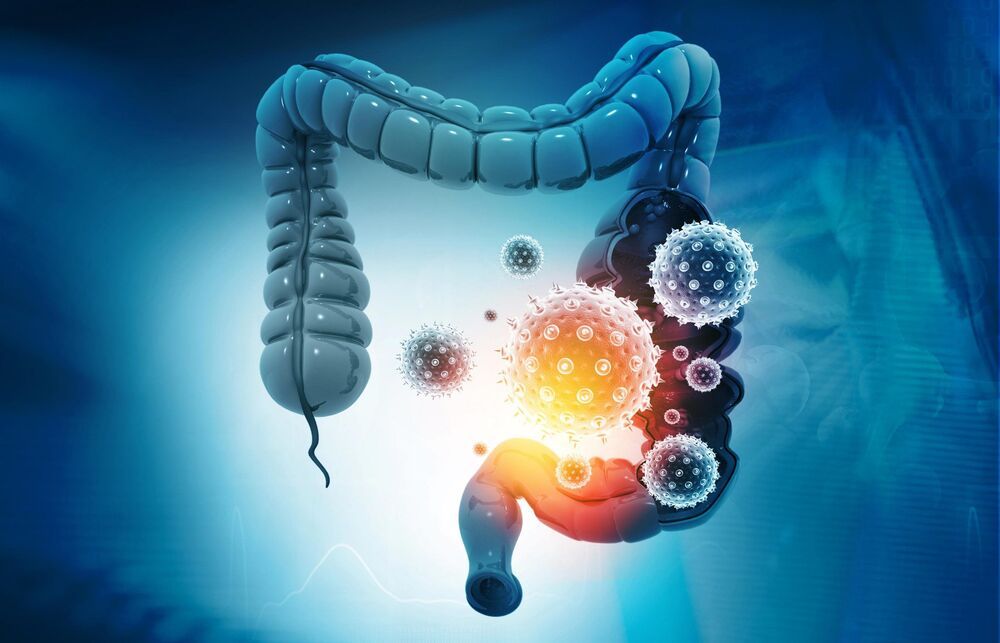Several Clostridium species enriched in children with autism closely interacted with each other and formed a connected group. Clostridia species have been linked with autism via the production of clostridial toxins which can damage the central nervous system, point out the researchers.
Significantly fewer gut bugs linked to neurotransmitter activity.
Children with autism seem to have a distinctive and underdeveloped range and volume of gut bacteria (microbiome) that isn’t related to their diet, suggests a small study published online in the journal Gut.
They have significantly fewer bacteria linked to neurotransmitter activity and 5 species of bacteria that aren’t typically found in the guts of children without the condition, suggesting that there may be a characteristic microbial profile for autism, which may pave the way for treatment early on, say the researchers.
